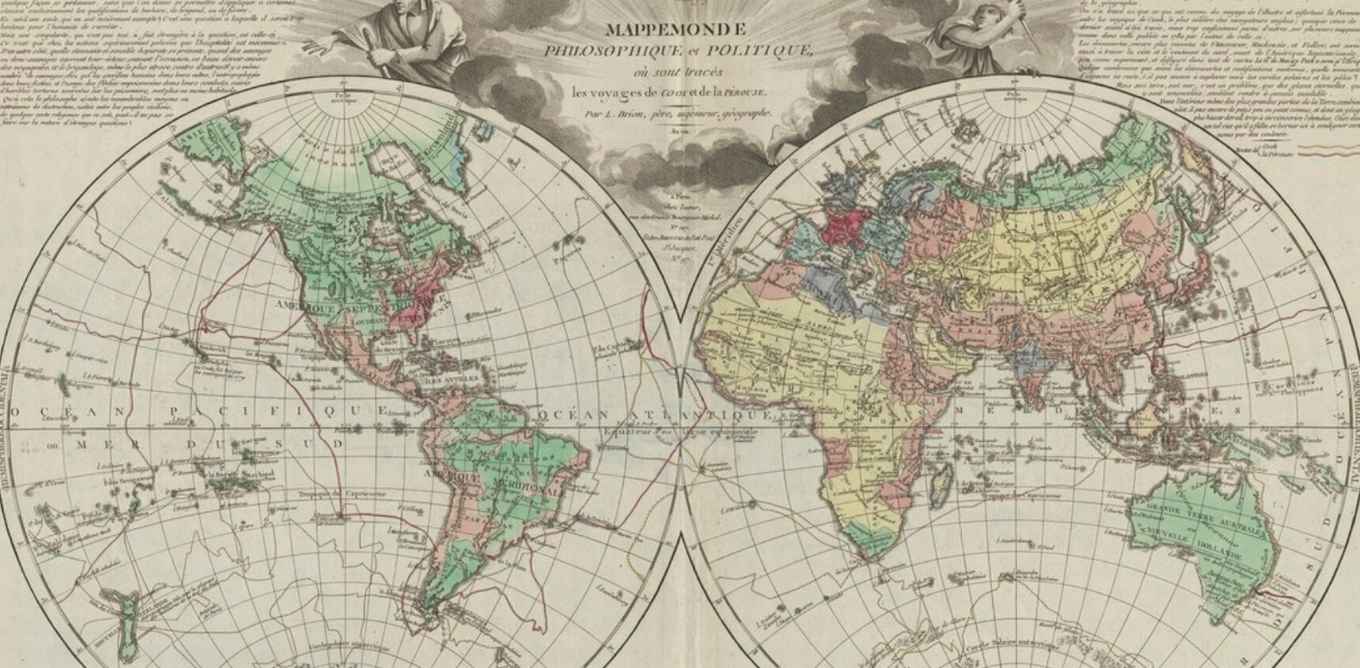Public lecture by Isa Blumi (Stockholm University)
- Date
- 24 November 2022
- Time
- 16:00 -17:30

Abstract
The British, Italian, Spanish, French and American Empires adopted an array of contradictory policies towards their respective Muslim subjects scattered throughout the world. As they managed often conflicting agendas that targeted Muslim polities with still strong associations with the Ottoman Empire, a growing repertoire of intelligence gathering and academic “knowledge” production informed these relations at the turn of the 20th Century. Strategies that sought to recruit potentially key socio-economic, cultural, religious, and political allies implicated many who originated from within the Ottoman Empire. By the turn-of-the-century, Britain, Italy, Spain, France and the United States all sought to expand their influence among these previously recruited clients. In the case of Britain, the outbreak of the Great War produced a number of reliable alliances with Arab/Muslim intellectuals based in Cairo and India. Likewise, their strategic partnerships with various merchant-cum-political leaders in Ottoman territories availed to France and Italy leverage over their Muslim subjects throughout Africa. The Spanish and United States’ imperial administrations engaged Ottoman subjects in the South China Sea islands, inhabited by Muslim polities often violently resisting their rule. The lecture will shed light on the consequences of these cultivated alliances that effectively induced dissent, turmoil, revolt, and structural transition. The intersecting histories of cooperation/alliance-making and resistance in three distinctive areas formally resisting foreign administration will be read comparatively within the larger context of modern empires facing disparate and contradictory challenges from local responses to the contingencies created by war. As these events regularly upset imperialist/capitalist ambitions, they demand that historians focus on a multiplicity of factors contributing to the modern world’s (dis)order including the complex relations Ottoman subjects had with the larger world.
Biography
Isa Blumi (Department of Asian and Middle Eastern Studies, Stockholm University) researches societies in the throes of social, economic, and political transformation. He compares how European imperialist projects in the Islamic world intersected with, and were thus informed by, events within the Ottoman Empire. His latest work covers the late Ottoman period and successor regimes, arguing that events in the Balkans and Middle East are the engines of change in the larger world. His research into migration as a primary lens to understand such processes have resulted in numerous articles and the books: Ottoman Refugees, 1878-1939: Migration in a Post-Imperial World. (Bloomsbury Academic, 2013) and Destroying Yemen: What Chaos in Arabia tells us about the World (University of California Press, 2018).
Location
University of Groningen, Institute of Archaeology, Poststraat 6, and online
Registration
No registration is needed, unless you want to participate online. In that case, send an e-mail to: info@globalintellectualhistory.org.
About the Seminar
The Utrecht/Amsterdam Seminar Global Intellectual History is a platform for researchers from different faculties and departments at the University of Amsterdam and Utrecht University who are working in the field of intellectual history and related disciplines. These include, among others, the history of historical, legal and political thought, conceptual history, the social and cultural history of ideas, as well as research at the intersection between intellectual history, institutions, politics, and practices.
Worldwide, intellectual history is moving into new, exciting directions. Tapping into new source materials, covering longer stretches of time, dealing with broader geographical spaces, making comparisons and drawing connections on a global scale, as well as combining established and new (digital) methods, both young and up-coming as well as established experts are in search for new answers – and perhaps more importantly – new questions. The Utrecht/Amsterdam Seminar Global Intellectual History contributes to this development by providing a venue for presenting and discussing frontline research.